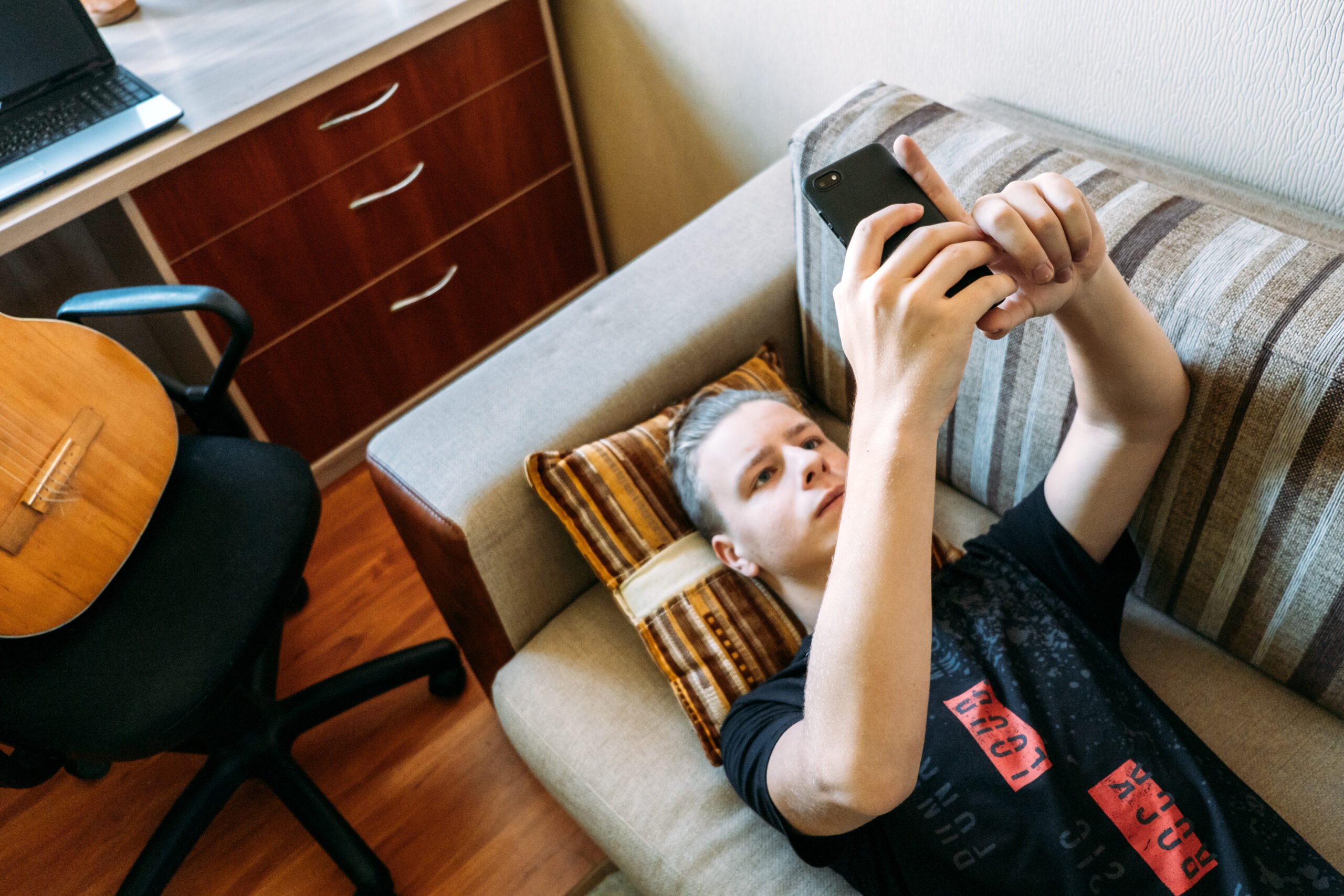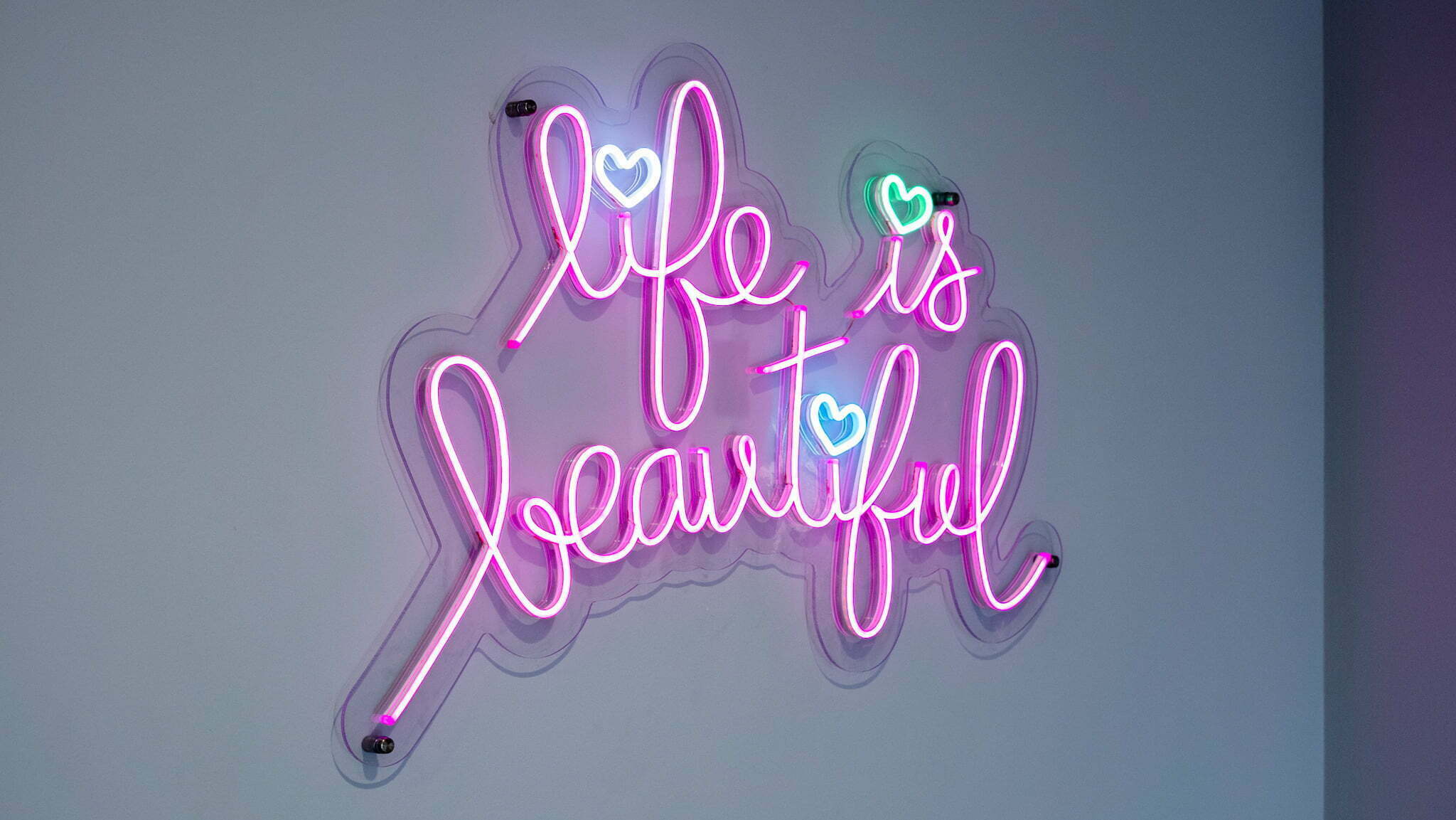Digital Boundaries: Understanding Utah’s Novel Law on Minors’ Social Media Access

Social media platforms have become an integral part of our daily lives, connecting us with friends, family, and the world. They offer a sense of connection and enable us to share our lives with others effortlessly. However, the excessive use of social media has raised concerns about its impact on mental health.
How does Social Media affect mental health?
There has been an increase in studies done on the effects of social media use in young adults. Many studies have found a positive correlation between excessive social media use and depressive symptoms. Social media use has contributed to an increase in social isolation and loneliness among young adults. Depression and isolation can impact overall health and well being.
A study conducted by Kross et al. (2013) revealed that prolonged exposure to social media can trigger negative emotions, leading to increased levels of anxiety and depression. Constantly comparing our lives to others’ highlight reels may leave us feeling inadequate, reducing our self-esteem. According to a study by Hinduja and Patchin (2015), social media platforms serve as fertile ground for cyberbullying and harassment. The anonymity provided by these platforms can make it easier for individuals to engage in harmful behaviors, resulting in severe mental health consequences for victims.
FOMO, described as the fear of being left out, is another psychological consequence of social media usage. A study by Przybylski et al. (2013) found that those who frequently use social media reported higher levels of FOMO, which can lead to feelings of loneliness, anxiety, and dissatisfaction with one’s own life. Social media often showcases idealized body images, leading to unrealistic expectations and body image issues. Research by Perloff (2014) suggests that exposure to these images can contribute to the development of eating disorders and poor self-image, particularly among vulnerable populations, such as adolescents and young adults.
The blue light emitted by electronic devices disrupts the production of melatonin, a hormone that regulates our sleep-wake cycle. A study conducted by Levenson et al. (2017) found that excessive social media use before bed can lead to poor sleep quality, ultimately impacting mental health.
What is being done to protect teens from negative impacts of Social Media?
Recently there have been movements to protect content of minors and protect users from inappropriate content. Utah has been at the forefront in creating laws regulating social media platforms. The Utah House Bill 228 (2021), “Social Media Protection Act.” This legislation requires social media platforms, including TikTok, to provide certain disclosures and obtain consent from users before collecting and sharing their personal information. It also prohibits the use of certain features that may be harmful to minors. Utah’s legislation on TikTok reflects growing concerns about privacy and safety on social media platforms.
By enacting laws that require transparency and consent for data collection and sharing, Utah aims to protect its residents, particularly minors, from potential risks associated with TikTok use. The impact of Utah’s actions may extend beyond state borders, influencing national legislation and prompting social media platforms to reassess their policies. As the legal landscape continues to evolve, it is essential to monitor developments and ensure the protection of user privacy and safety on social media platforms.

While social media has its benefits, it is crucial to recognize its potential negative impact on mental health. The constant comparison, cyberbullying, FOMO, body image issues, sleep disturbances, and privacy brought about by excessive social media usage can significantly impact our overall well-being. As responsible users, we must strike a balance between our digital lives and real-world connections to protect our mental health.
Sources
- Kross, E., Verduyn, P., Demiralp, E., Park, J., Lee, D. S., Lin, N., … & Ybarra, O. (2013). Facebook use predicts declines in subjective well-being in young adults. PloS one, 8(8), e69841.
- Hinduja, S., & Patchin, J. W. (2015). Cyberbullying and suicide: A research note. Legal and Criminological Psychology, 20(1), 144-153.
- Przybylski, A. K., Murayama, K., DeHaan, C. R., & Gladwell, V. (2013). Motivational, emotional, and behavioral correlates of fear of missing out. Computers in Human Behavior, 29(4), 1841-1848.
- Perloff, R. M. (2014). Social media effects on young women’s body image concerns: Theoretical perspectives and an agenda for research. Sex Roles, 71(11-12), 363-377.
- Levenson, J. C., Shensa, A., Sidani, J. E., Colditz, J. B., & Primack, B. A. (2017). The association between social media use and sleep disturbance among young adults. Preventive medicine, 103, 66-70.
Get Started Now
Contact Elium Health today for In-Person and Telehealth Appointments.